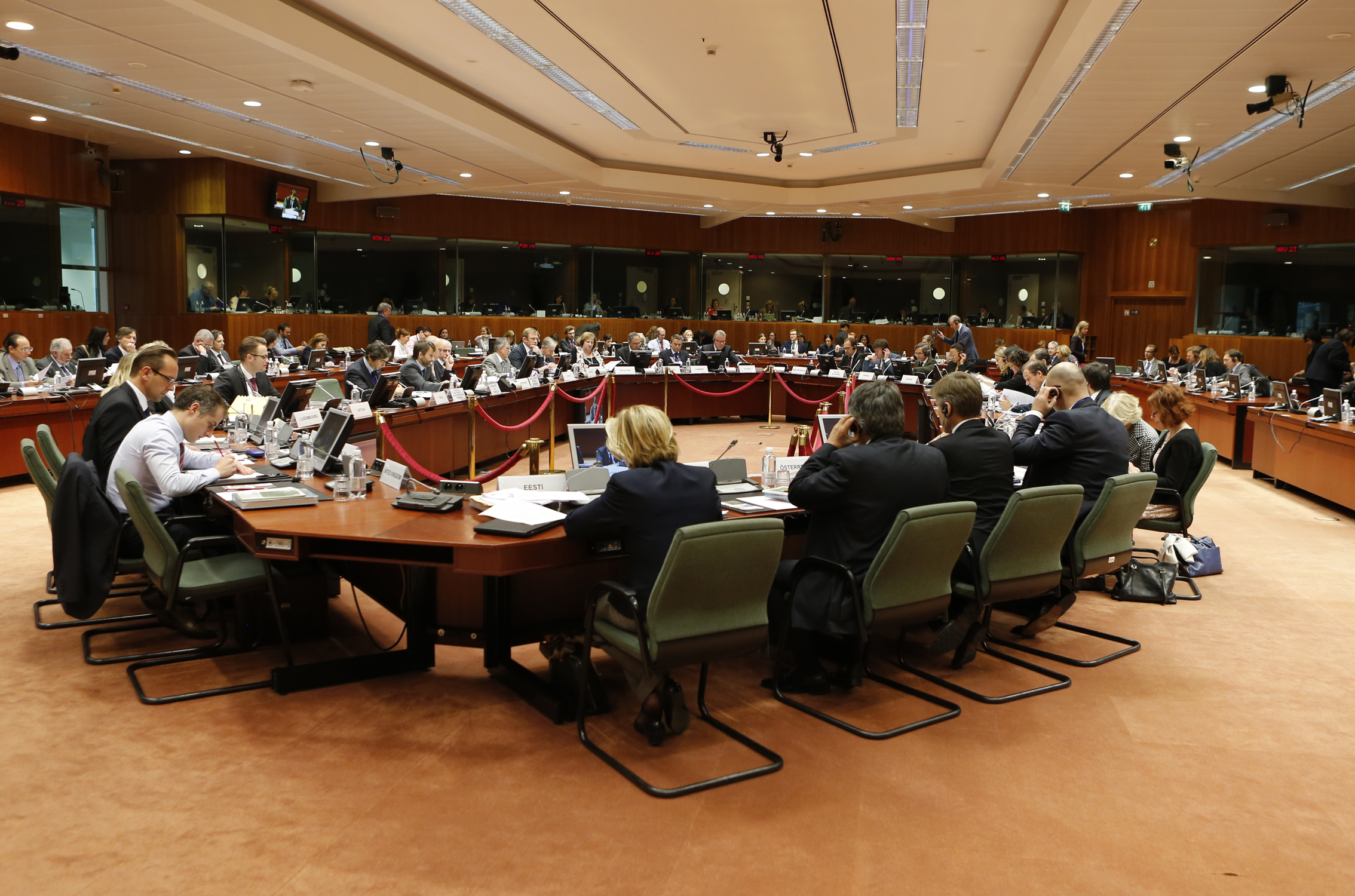European Parliament approves New Creative Europe Programme
European culture, heritage, cinema, television, music, literature, performing arts and related areas will benefit from increased support under the European Commission’s new Creative Europe programme, which was approved by the European Parliament on 19 November. With a budget of €1.46 billion over the next seven years – 9% more than current levels – the programme will provide a boost for the cultural and creative sectors, which are a major source of jobs and growth. It will also launch a new financial guarantee facility enabling small cultural and creative businesses to access up to €750 million in bank loans. The EU Prize for Cultural Heritage/Europa Nostra Award will receive support from Creative Europe. The programme will be definitively adopted by the Council (28 Member States) in the weeks to come and will enter into force in January 2014.

The European Commission has welcomed the approval of its new programme. Androulla Vassiliou, European Commissioner for Education, Culture, Multilingualism and Youth, stated: “Creative Europe will enable our dynamic cultural sectors to create new jobs and contribute more to the EU economy. It will enable thousands of talented artists to reach new audiences in Europe and beyond, while also promoting cultural and linguistic diversity.”
The European Capitals of Culture, European Heritage Label, European Heritage Days and the five European prizes (EU Prize for Cultural Heritage/Europa Nostra Award, EU Prize for Contemporary Architecture, EU Prize for Literature, European Border Breakers Awards, and EU Prix MEDIA) will also receive support from Creative Europe.
Creative Europe builds on the experience and success of the Culture and MEDIA programmes, which have supported the cultural and audiovisual sectors for more than 20 years. The new programme will allocate at least 56% of its budget for the MEDIA sub-programme and at least 31% for the Culture sub-programme. A maximum of 13% of the budget will be allocated to the cross-sectoral strand, which includes support for ‘Creative Europe Desks’ in each participating country, providing advice to potential beneficiaries.
The European cultural and creative sectors represent up to 4.5% of EU GDP and employ more than 8 million people.






